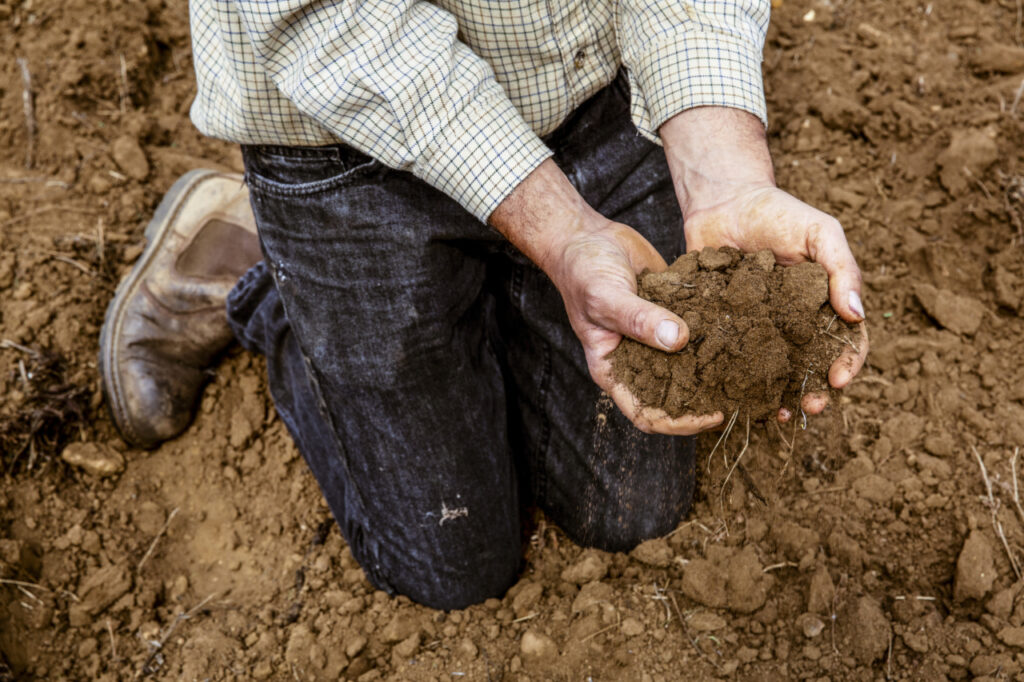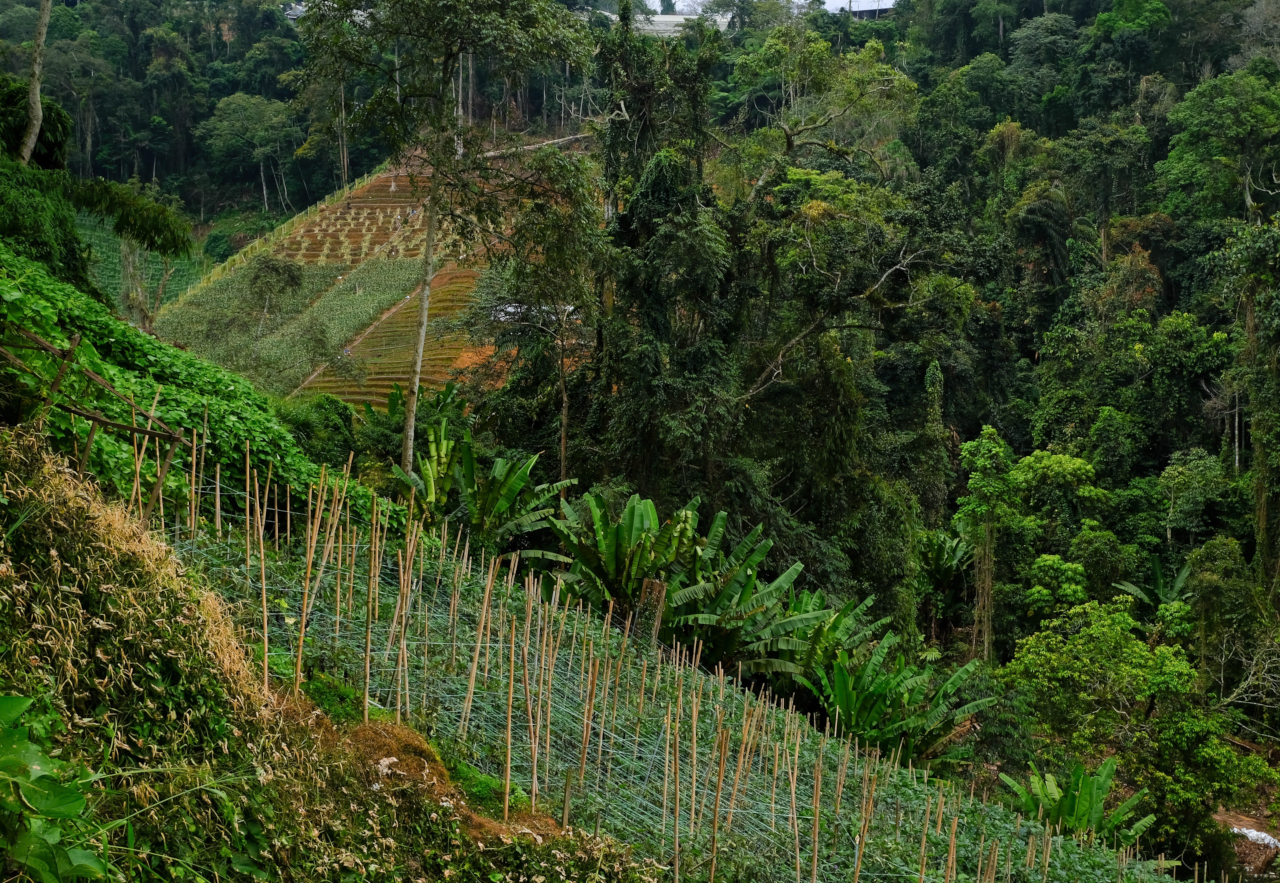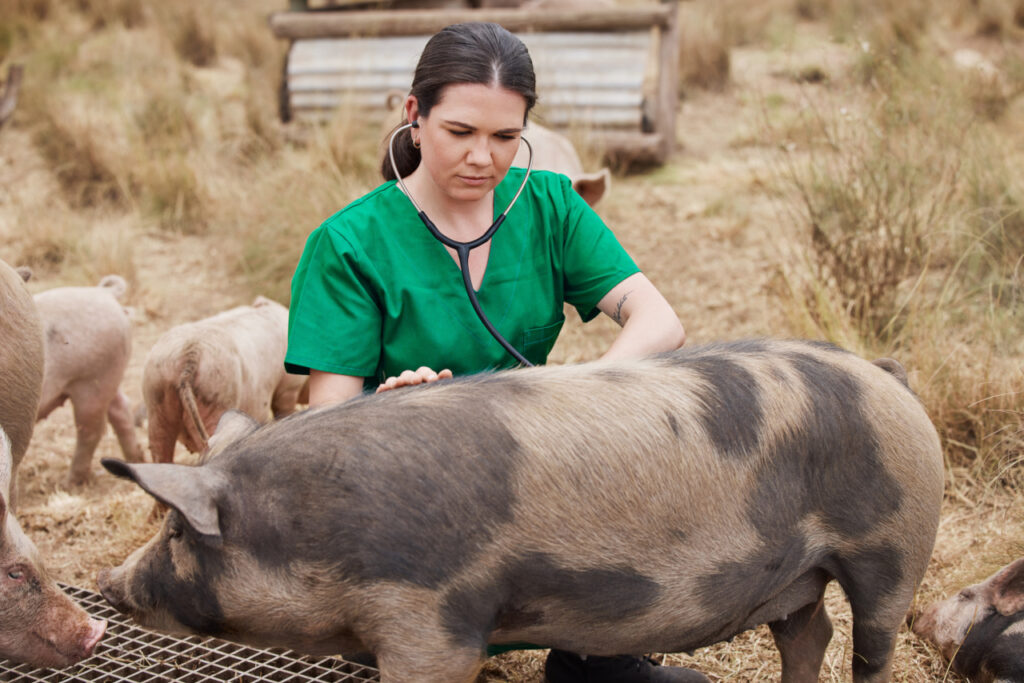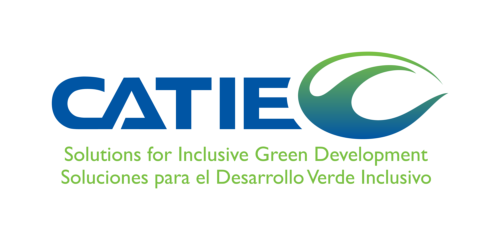THEMATIC SESSIONS
The IX Wallace Conference will explore six thematic series, highlighting both the opportunities and challenges of implementing the One Health approach in Latin America and the Caribbean.

Soil health
Soil is the foundation of food production and ecosystem health, playing a critical role in nutrient cycling, carbon sequestration, and water retention. However, land degradation, erosion, and unsustainable agricultural practices threaten soil fertility and productivity. This session will explore strategies for restoring soil health, including regenerative agricultural techniques, biofertilizers, and microbial inoculants that enhance soil suppressiveness to pests and diseases.
- The role of healthy soils in supporting resilient agricultural systems.
- The impact of soil degradation on ecosystem services and biodiversity.
- Strategies for restoring soil fertility and preventing degradation and erosion.
- Bio-fertilizers and inoculants for regenerating or enhancing soil health and suppressivity.

Plant Health: Production Systems, Reduction of Pesticides, and Agroforestry
Healthy plants are essential for food security, climate resilience, and ecosystem stability. Yet, plant health is increasingly challenged by monoculture systems, excessive pesticide use, and the spread of pests and diseases exacerbated by climate change. This session will highlight the benefits of agroforestry, integrated pest management (IPM), and biodiversity-friendly agricultural practices that enhance plant resilience while reducing environmental impact.
- The role of agroforestry and diversified cropping systems in enhancing plant resilience.
- Reducing pesticide dependency through integrated pest management (IPM).
- Biodiversity conservation as a strategy for plant health improvement.

Animal Health
Animal health is a fundamental pillar for the sustainability of livestock production, as it directly influences productivity, animal welfare, and the safety of products of animal origin. Proper health management not only reduces the incidence of diseases but also improves resource-use efficiency and decreases environmental impacts. The adoption of effective strategies for disease prevention, the responsible use of veterinary medicines, and adaptation to resilient production systems are key factors in ensuring efficient and sustainable livestock production. Likewise, the integration of new technologies and science-based practices contributes to modernizing the sector, promoting a comprehensive approach to animal health that encompasses ecological, economic, and social aspects. These guidelines align with international frameworks promoted by organizations such as the FAO, WHO, and the World Organization for Animal Health (WOAH).
Disease Prevention and Biosecurity
- Integrated Animal Health Management. Implement health plans that include vaccinations, deworming, and vector control, following standardized protocols.
- Biosecurity Protocols. Establish control measures for the entry of animals, visitors, and equipment into livestock operations, minimizing the risk of introducing pathogens.
- Responsible Management of Veterinary Medicines. Regulate their use through clear guidelines and train producers in best practices for administration and treatment record-keeping.
Animal Welfare and Its Relationship with Human Health
- Apply Animal Welfare Principles. Ensure that animals are free from hunger, thirst, pain, fear, and stress.
- Training Producers in Good Animal Welfare Practices. Recognize the link between animal welfare and the quality of livestock products, reinforcing food safety and public health.
Sustainable Livestock Systems and Their Relationship with Ecosystems
- Silvopastoral Systems: Incorporate trees and shrubs in pastures to improve the microclimate, increase forage availability, and reduce soil erosion, thus contributing to local biodiversity.
Technology and Innovation in Animal Health
- Monitoring with Sensors. Use devices to record physiological and behavioral parameters, facilitating early disease detection and improving decision-making.
- Digital Platforms. Develop tools for remote diagnosis and real-time monitoring of animals, optimizing health management.
- Artificial Intelligence (AI). Apply AI algorithms to identify disease patterns and predict outbreaks, enabling rapid and effective responses.

Ecosystem Health
The “One Health” concept acknowledges that human, animal, and environmental/ecosystem health are interlinked. The links between biodiversity and health are intricate, multifaceted and complex and are manifested at various spatial and temporal scales. Current trends in habitat degradation, fragmentation and loss, and the on-going intensification of agricultural systems, along with climate change, threaten the full range of life-supporting services provided by ecosystems at all levels of biodiversity, including species, genetic and ecosystem diversity, and undermine our ability to achieve human health and well-being. Biodiversity conservation promoted through Nature-based Solutions, in line with restoration and public policies (e.g. incentive programs) that promote sustainable practices, and a holistic landscape management that considers social, political and economic interactions, can promote long-term healthy and resilient ecosystems.
Biodiversity and ecosystem services in agricultural landscapes
Composition and configuration of agricultural landscapes, through their impact on species interactions, are related to their ability to either protect (or destroy) species diversity in the same way they can promote (or avoid) human and environmental health. This topic includes research on the ability of agricultural landscapes to sustainably manage and preserve biodiversity and the provision of multiple ecosystem services related to human health and well-being.
Infectious diseases emergence in agricultural landscapes under current global drivers
Infectious diseases include zoonotic and vector-borne diseases. Both species diversity and composition are related to the probability of emergence and transmission of infectious diseases. This topic includes research on landscape fragmentation (i.e. deforestation, connectivity loss, land use change) and infectious diseases emergence, distribution and dynamics, and the role of forest remnant/tree cover as buffers for infectious diseases transmission.

Water Health (One Water for One Health)
The concept of “One Water for One Health” recognizes that water resources—whether surface water, groundwater, or atmospheric moisture—are interconnected and must be managed holistically to safeguard public health, sustain ecosystems, and support resilient agricultural and food systems. Climate change, pollution, and competing demands for water are intensifying global water challenges, affecting drinking water quality, sanitation, and ecosystem services. Integrated Water Resources Management (IWRM), nature-based solutions (NbS), and circular water economy principles offer pathways to ensure equitable access to clean water while enhancing watershed resilience.
Climate Change, Water Security, and Holistic Water Resource Management for Human, Animal, and Ecosystem Health
- Changes in precipitation patterns and extreme hydrological events affect water quality and availability.
- Integrated Water Resources Management (IWRM) frameworks to balance competing demands.
- Early warning systems for floods and droughts, integrating remote sensing and AI-driven hydrological models.
- Community-based water governance to ensure equitable distribution and adaptive capacity.
Water Circularity and the Bioeconomy: Sustainable Strategies for Resilient Watersheds
- Transitioning from linear (extract-use-dispose) to circular water systems enhances sustainability.
- Circular water economy strategies as industrial and urban wastewater reuse (e.g., wastewater treatment plants producing reclaimed water for irrigation), nutrient recovery from wastewater (e.g., biofertilizer production).
- Bioeconomic innovations in water management strategies as bioremediation for nutrient recovery, microbial wastewater treatment and energy generation.
- Ecohydrological models for optimizing water use efficiency in agroecosystems

Human Health Linked to Agri-Food Systems
Human health is intricately linked to agricultural systems, with diet-related diseases, food safety concerns, and antimicrobial resistance (AMR) posing significant public health challenges. This session will explore the intersections of food systems, nutrition, and health, emphasizing the importance of sustainable, nutrient-dense diets in improving public health outcomes. Discussions will cover the impact of AMR in food production, access to healthy and diverse diets, food safety regulations, and the role of sustainable agriculture in promoting human well-being.
Contaminants of emerging concern (CECs), such as microplastics, pharmaceuticals, and heavy metals, pose risks to health through water quality
The impact of antimicrobial resistance (AMR) on global health and food systems
Sustainable food systems and their role in improving human nutrition
Food safety and quality assurance facing global environmental change
- Traceability. Implementing registration and monitoring systems for animals as well as meat and dairy products to ensure safety and build consumer trust.
- Control of Medicinal Residues. Monitoring and regulation of residue levels in products of animal origin to avoid risks to public health and comply with international standards.
- Promotion of Organic Practices. Encouraging organic production systems and the use of biopreparations in animal nutrition, reducing reliance on chemical inputs and favoring sustainability.
Ensuring equitable access to nutritious diets for rural populations and those living in conditions of vulnerability
Transversal Themes
Nature-based Solutions (NbS) as strategies to support and/or improve ecosystem and human health
- Agricultural landscapes can offer a range of NbS that offer opportunities for biodiversity conservation and ecosystem services provision, contributing to ecosystem and human health at various scales.
- Interplay of nature and society in agricultural landscapes, landscape and wildlife management, promotion of NbS through public policies (e.g. incentive programs) for long-term sustainable landscapes.
- Water Harvesting and Resource Management. Implement storage ponds and techniques such as Keyline to optimize rainwater harvesting, and managed aquifer recharge to improve resilience against droughts, ensuring availability during times of scarcity.
- Use vegetative barriers, forest conservation programas to protec watershed rechar areas, constructed wetlands for wastewater treatment and control of contaminants and improve water quality, riparia buggers to filter agricultural runoff, and reduce the environmental footprint of livestock production.
- Policies promoting the integration of NbS with grey infrastructure to enhance cost-effectiveness and resilience.
Governance, policies and knowledge management
- Strengthen coordination among governmental, private, and academic entities to design and implement comprehensive animal health and welfare policies.
- Knowledge management and training programs for small and medium-sized producers in best practices for animal health, facilitating the adoption of innovations and technologies.
- Ensure compliance with WOAH standards and those of other bodies, guaranteeing sanitary quality and facilitating access to international markets.
Integrating Climate Change, Gender, Rural and Indigenous Perspectives to Strengthen the One Health Approach.
- Incorporating Traditional Ecological Knowledge and local observation of climate change into research and policy agendas.
- Intersectionality approaches of gender, and racial/ethnic research on climate change, biodiversity conservation and sustainable food systems.
- Action research on intercultural dialogue, cultural rights, equality, and justice applied to climate change adaptation and mitigation, biodiversity conservation and sustainable food systems.

